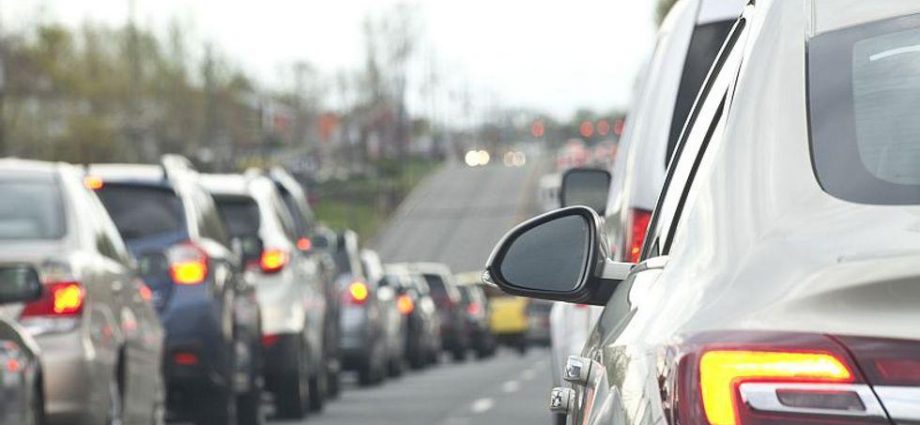WEDNESDAY, Nov. 29, 2023 (HealthDay News) — It’s not just bumper-to-bumper highway traffic that’s causing your blood pressure to spike during your daily commute.
New research shows that the exhaust fumes spewing from all those vehicles triggers a significant increase in car passengers’ blood pressure.
The observed increase is comparable to the effect of a high-salt diet, researchers found, and the effect can last up to 24 hours.
“The body has a complex set of systems to try to keep blood pressure to your brain the same all the time. It’s a very complex, tightly regulated system, and it appears that somewhere, in one of those mechanisms, traffic-related air pollution interferes with blood pressure,” said researcher Dr. Joel Kaufman, a University of Washington physician and professor of environmental and occupational health sciences.
For the study, his team drove healthy adults ages 22 to 45 three times through rush-hour Seattle traffic while monitoring their blood pressure.
Unfiltered road air was allowed to enter the car on two of the drives, while on the third the car was equipped with high-quality HEPA filters that screened out 86% of the air pollution from traffic.
Breathing unfiltered air resulted in blood pressure increases of more than 4.5 millimeters of mercury, compared to the drives with filtered air, researchers said.
The increase occurred rapidly, peaking about an hour into the drive, and it held steady for at least 24 hours.
The findings were published Nov. 28 in the Annals of Internal Medicine.
“We know that modest increases in blood pressure like this, on a population level, are associated with a significant increase in cardiovascular disease,” Kaufman said in a university news release. “There is a growing understanding that air pollution contributes to heart problems. The idea that roadway air pollution at relatively low levels can affect blood pressure this much is an important piece of the puzzle we’re trying to solve.”
Long-term exposure to highway air pollution already has been linked to increased rates of heart disease, asthma, lung cancer and death, researchers said in background notes.
Traffic-related air pollution is also the main reason why air quality is worse in some neighborhoods and better in others.
“This study is exciting because it takes the gold-standard design for laboratory studies and applies it in an on-roadway setting, answering an important question about the health effects of real-world exposures,” said lead researcher Michael Young, a former University of Washington postdoctoral fellow. “Studies on this topic often have a challenging time separating the effects of pollution from other roadway exposures like stress and noise, but with our approach the only difference between drive days was air pollution concentration.”
“The findings are valuable because they can reproduce situations that millions of people actually experience every day,” Young added.
More information
The U.S. Environmental Protection Agency has more about air pollution and heart disease.
SOURCE: University of Washington, news release, Nov. 29, 2023
Copyright © 2024 HealthDay. All rights reserved.

